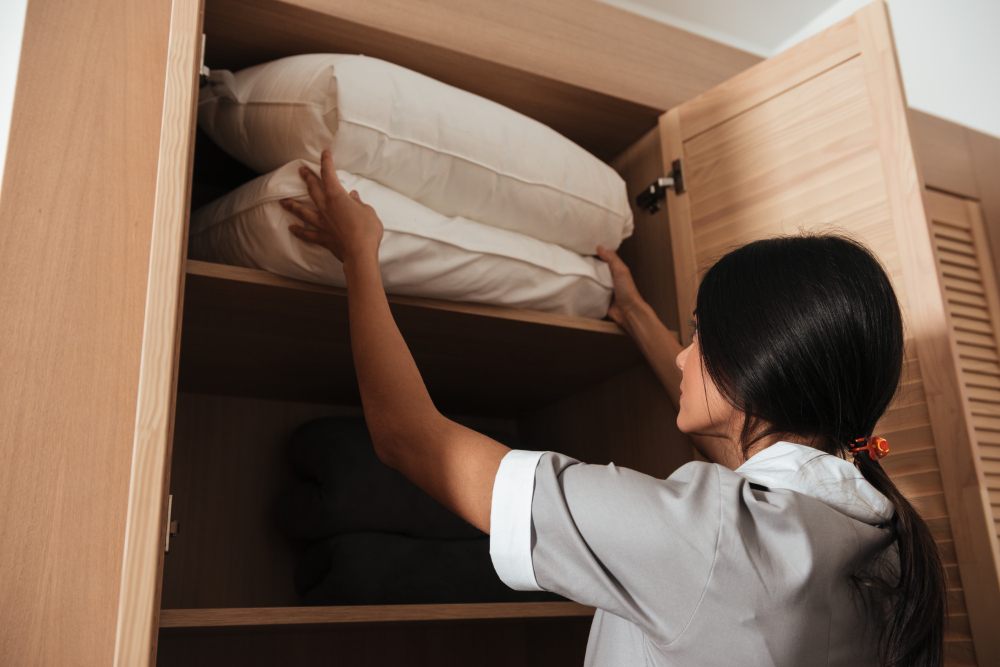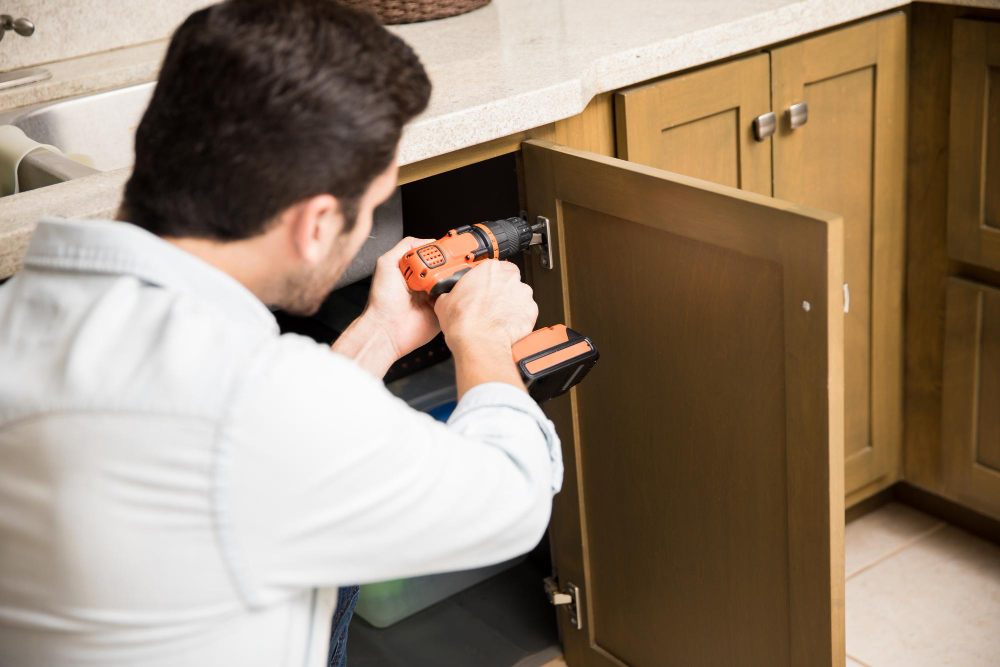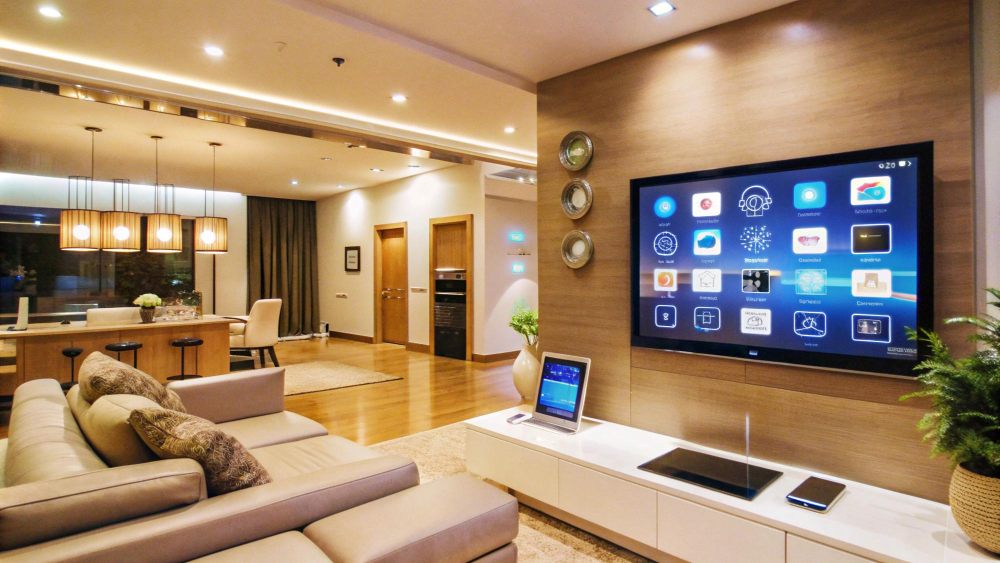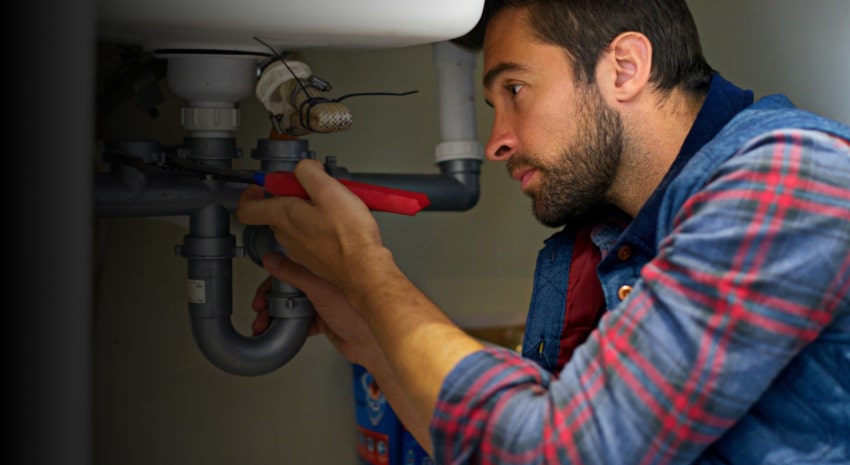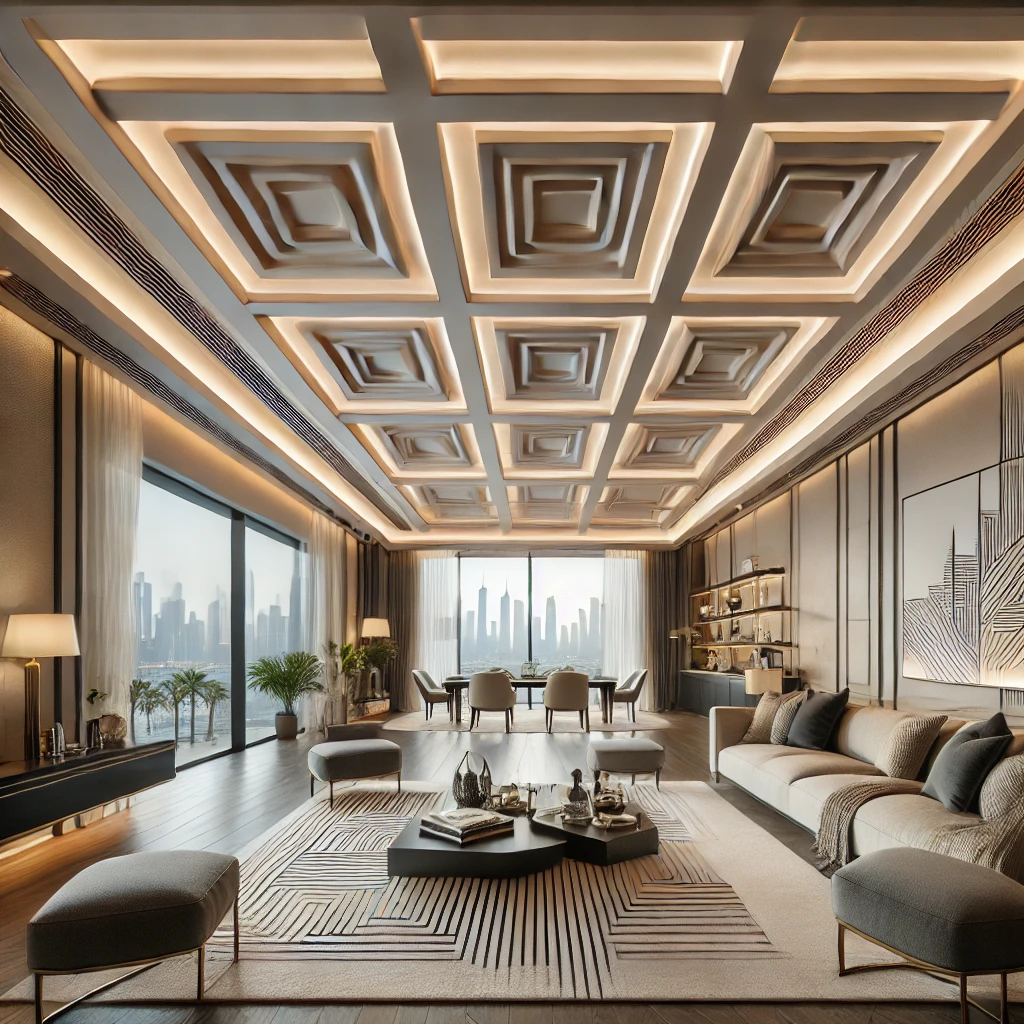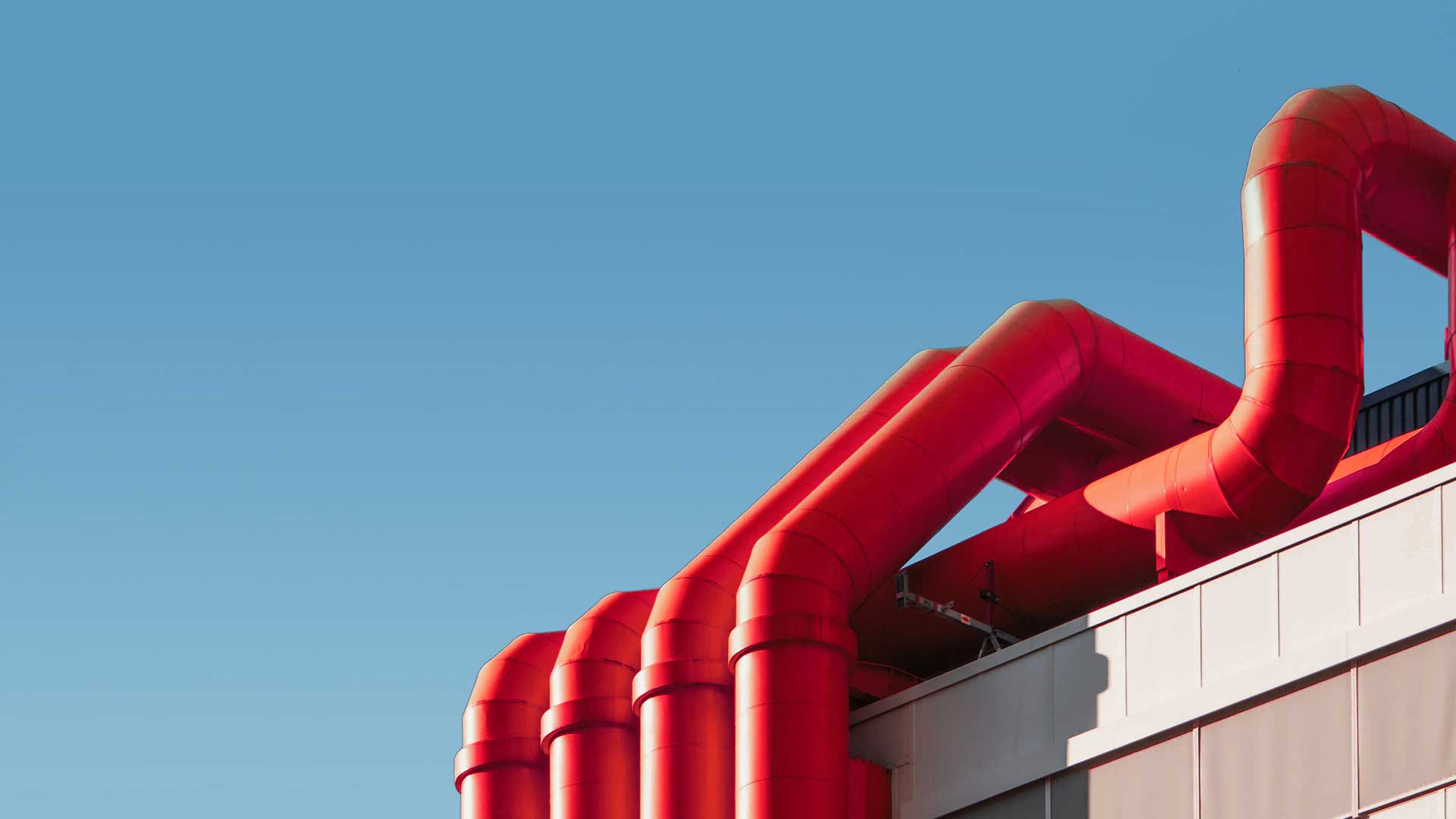Why Permits and NOCs Are Essential for Renovation in Dubai
Renovating your home in Dubai — whether it’s a simple bathroom upgrade or a full kitchen overhaul — isn’t just about design and materials. It’s also about compliance with local laws, and that starts with securing the right permits and NOCs (No Objection Certificates). These approvals are not just formalities; they are legal requirements that protect property owners, contractors, and neighbors alike.
The Legal Risk of Skipping Approvals
Skipping the permit or NOC process in Dubai can lead to hefty fines, forced removal of newly constructed elements, or even utility disconnections by DEWA. Buildings in Dubai, especially apartment towers and gated communities, have strict rules governed by developers, homeowner associations, and municipal authorities. Renovating without their approval can violate contractual agreements and building codes.
For example, carrying out work that alters plumbing or electrical layouts without official approval could void your property insurance, leaving you vulnerable in case of accidents or damages. Moreover, unapproved renovations could affect future resale value, as buyers or agents often request renovation permits during transactions.
Common Scenarios Where Permits Are Mandatory
Here are some renovation tasks that typically require official permits or NOCs:
- Breaking or shifting internal walls
- Changing the kitchen layout (gas or plumbing alterations)
- Replacing flooring with noisy or heavy materials like marble
- Bathroom expansions or shifting drain points
- Adding partitions or mezzanines
- Replacing windows or altering exterior aesthetics
- MEP (Mechanical, Electrical, and Plumbing) changes
Even aesthetic renovations such as false ceiling installations with recessed lighting may need permission if they affect the building’s wiring systems or ductwork.
Differences Between Villa and Apartment Regulations
Permitting requirements can vary based on whether you’re renovating a villa or apartment.
- Apartments require NOCs from building management and sometimes the developer (like Emaar, Nakheel, Damac), depending on the scope of work.
- Villas, especially in gated communities, often require NOCs from the master developer as well as community management — even for garden pergolas or driveway tiling.
Each developer has its own portal and approval process, so working with a contractor familiar with Dubai’s real estate ecosystem saves time and reduces errors.
What Is a Renovation NOC in Dubai – And Who Issues It?
Before applying for a permit from Dubai Municipality, you usually need an NOC (No Objection Certificate) from your building’s management or developer. This certificate verifies that the planned renovation is acceptable within the rules and won’t compromise the structure, neighbor safety, or building utilities.
Understanding NOC (No Objection Certificate) for Renovations
A renovation NOC is an official green light from your property’s managing authority — usually the owners’ association (OA) or real estate developer — allowing you to proceed with planned interior upgrades. Think of it as an internal permit that assures the building’s standards are upheld.
Without this NOC, your contractor cannot begin work, and you won’t be able to apply for further approvals (e.g., Dubai Municipality permits for major works). It’s often the first document needed to initiate the legal renovation process.
Where to Get It: Building Management vs. Developer vs. Municipality
Depending on the property type, NOCs may come from one or more of the following:
- Building Management / Facilities Team – First point of contact for apartment units
- Developer (e.g., Emaar, Nakheel, Damac) – Required in master-planned communities
- Free Zone Authorities (e.g., TECOM, DSO) – In commercial or special zones
- Dubai Municipality – For structural or major renovations (via e-Permit system)
Some developers (e.g., Emaar) have dedicated online portals where NOC requests can be tracked and submitted digitally, streamlining the process.
Typical Requirements for an NOC in Dubai
To apply for an NOC, you (or your contractor) will typically need to submit:
- Detailed layout/design plans of the proposed changes
- Contractor trade license (must be valid and approved for renovation work)
- Emirates ID copy of the property owner or tenant
- Tenancy contract or title deed (proving ownership or authority to renovate)
- Payment of security deposit (refundable after satisfactory completion)
In some cases, additional documents like insurance coverage, waste disposal plans, or safety certifications may also be required — especially if the work involves hazardous materials or communal areas.
How to Apply for a Renovation Permit in Dubai: Step-by-Step Guide
Once you have the NOC from your building management or developer, the next step (for major works) is to obtain a Renovation Permit from Dubai Municipality — especially if the work includes structural changes, MEP upgrades, or changes to load-bearing elements.
Here’s a simplified guide to the typical permit application process in Dubai:
Step 1: Hire a Licensed Contractor
Only licensed and Dubai Municipality-approved contractors are eligible to apply for renovation permits. Make sure your chosen service provider has the appropriate trade license with a renovation or civil works activity listed.
💡 Tip: Ask your contractor for their DM Approval Code or check if they’ve completed projects in similar communities.
Step 2: Prepare Your Design Drawings and Scope of Work
Your contractor will need to submit the following:
- Floor plans showing existing and proposed layouts
- Elevation and section drawings if applicable
- MEP drawings (for electrical, plumbing, HVAC work)
- Materials specification sheet (if applicable)
- Safety and noise-control measures
Drawings must comply with Dubai Building Code, and sometimes additional technical reviews (by structural engineers or consultants) are required for high-rise or large-scale renovations.
Step 3: Submit Application via Dubai Municipality e-Permit Portal
Dubai Municipality runs the e-Permit portal, which allows registered contractors to upload documents, make payments, and track approval status. The process usually takes 2–5 working days, depending on project complexity and documentation quality.
- Access via: https://www.dm.gov.ae → e-Services → Building Permit Services
- Contractors must be registered in the Dubai Building Permit System (DBPS)
- Some communities like Business Bay or Marina may also require coordination with RERA
Step 4: Pay Fees and Security Deposit
Permit fees vary depending on the scope of renovation, usually calculated based on:
- Floor area affected
- Type of work (civil, MEP, structural)
- Safety or fire system involvement
Security deposits (refundable) may be held until final inspection is passed and post-renovation documentation is submitted.
What Happens After You Get the Permit: Inspections, Timelines & Approvals
Getting the permit is only the beginning. You still need to follow through with compliance and pass post-renovation inspections if your work involved utilities, structural alterations, or visible community areas.
Renovation Work Timeline Expectations in Dubai
Dubai’s building management authorities typically allow:
- 15–30 days for small-scale work (e.g., kitchen cabinet replacement, false ceiling)
- 30–90 days for large-scale work (e.g., full bathroom remodeling, wall demolition, flooring replacement)
If work continues beyond the approved duration, you may need to apply for a time extension, often with a penalty or new security deposit.
⚠️ Pro tip: Make sure all noise-related work is done between 9am and 5pm, as many buildings have restrictions on noisy tools outside these hours.
Site Inspections by Building Management or Municipality
Upon completion of the renovation, your contractor may be required to:
- Invite the building management for visual and safety inspection
- Submit “As-Built Drawings” if major changes were made
- Obtain completion clearance to have your deposit refunded
For more complex projects (e.g., altering fire alarms, HVAC systems, or plumbing risers), Dubai Civil Defence or DEWA may also perform inspections before utilities are reconnected or final approvals are granted.
Penalties for Non-Compliance
Failing to pass inspections or working without a valid permit can result in:
- Daily fines (can reach AED 10,000 or more)
- Work stoppage orders
- Denial of NOC for future modifications
- Building access bans for your contractor
🔗 External Resource:
Bayut Guide: Home Upgrades That Add Value
🧩 Related Reading:
“Best Contractors for Kitchen and Bathroom Renovation in Dubai]”
Renovation Rules by Community: JVC, Dubai Marina, Downtown & More
Each residential community in Dubai has its own set of renovation policies, often stricter than the general Dubai Municipality guidelines. These can affect the approval time, materials allowed, noise restrictions, and even working hours.
Here’s an overview of what to expect in some popular areas:
| Community | Key Rules & Notes | Additional Permissions Needed |
|---|---|---|
| Jumeirah Village Circle (JVC) | NOC from Nakheel + management. Strict noise control. | Nakheel Portal Access + Security Deposit |
| Dubai Marina | Limited working hours due to high foot traffic. Must notify tower residents. | EMAAR Community Management Approval |
| Downtown Dubai | EMAAR often requires 3D renderings + safety method statement. | Long approval lead time (1–2 weeks) |
| Palm Jumeirah | High security deposit required. Site access clearance mandatory for all workers. | Nakheel Security Badge + Access Cards |
| Business Bay | RERA involvement likely for structural or MEP changes. | DM + RERA Double Approval |
💡 Tip: Always ask your contractor if they’ve worked in your specific tower or villa community. Prior experience usually speeds up approvals.
🧩 Related Reading:
“How to Choose a Contractor in Dubai with Experience in Your Community”
Tips to Avoid Delays and Penalties During Your Renovation
Avoiding surprises during renovation in Dubai depends on preparation, coordination, and clear documentation. Here are the top actionable tips to help keep your renovation smooth and penalty-free:
✅ 1. Always Double-Check Building Guidelines
Even with Dubai Municipality permits, building-level policies override in terms of logistics and execution. Ask for a written policy handbook from your building’s management.
✅ 2. Use Registered Engineers for MEP Work
For any modification to plumbing, electrical, or air-conditioning, ensure the team includes a DCD-certified engineer or technician to prevent inspection failures.
✅ 3. Maintain Site Cleanliness and Worker Conduct
Dubai buildings have strict regulations on debris management and worker movement in common areas. Failing to follow these may lead to mid-project stoppages.
✅ 4. Keep a Copy of Your Permit On Site
Authorities or management may conduct surprise inspections. A printed and digital copy of your approved permit must be available on-site during work.
✅ 5. Plan for Delays During Holidays or Ramadan
Renovation timelines may get extended due to reduced government hours and contractor availability during official UAE holidays or Ramadan.
Final Checklist Before You Begin Renovation in Dubai
Before you start demolition or even move in equipment, ensure the following:
✅ You have an approved NOC from the building or developer
✅ You’ve hired a DM-certified contractor
✅ All design and MEP drawings are ready and submitted
✅ Dubai Municipality renovation permit is issued (if applicable)
✅ Deposits and fees are paid to building management
✅ Workers have access cards or IDs for your building
✅ You’ve scheduled a work start date that respects noise limits and time restrictions
📋 Save this as a printable PDF checklist or share it with your contractor during the planning stage.


